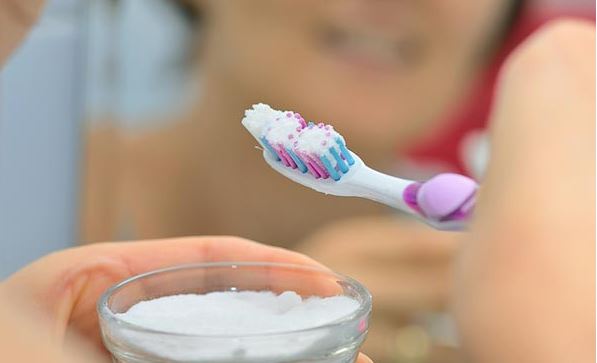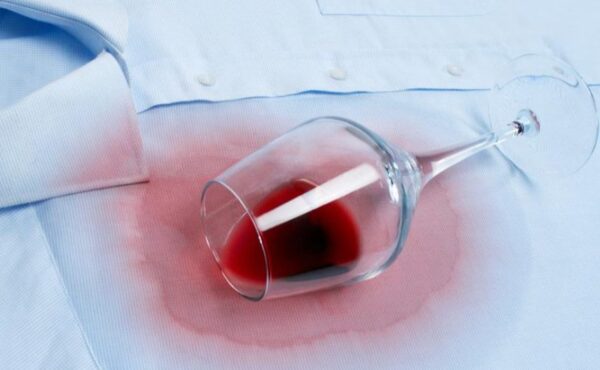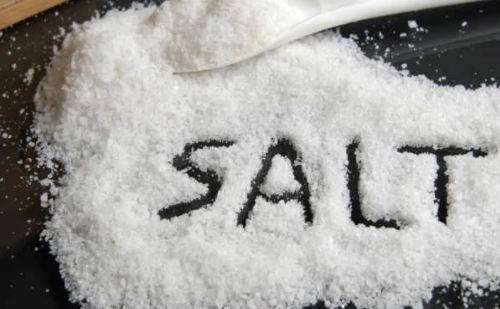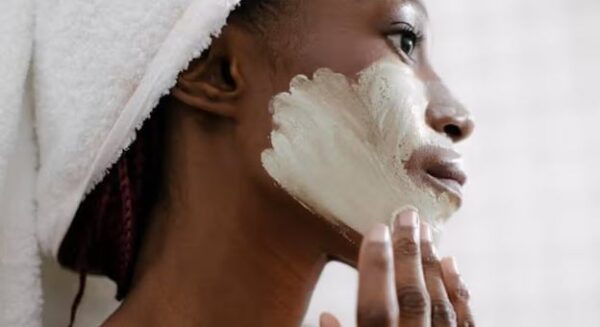Lifestyle
If you use salt or baking soda to whiten your teeth, here’s why you should stop

If you regularly enjoy coffee, tea, red wine and pasta with marinara sauce, you might be aware that these foods and beverages leave behind stains on your teeth well after they are consumed.
But if you think you’ve found a whitening solution in the form of table salt (sodium chloride) or baking soda (another type of salt, sodium bicarbonate), think again.
“I see no clinical reason why someone would brush their teeth with salt,” said Dr Matt Messina, an Ohio-based dentist and assistant professor at the Ohio State University College of Dentistry. “There is no scientific evidence that brushing with salt has any sort of whitening effect on teeth.”
The same can be said for baking soda, although there is more of a scientific basis to the value of using sodium bicarbonate to brush your teeth, Messina explained. It’s a mild abrasive, and chemically also a mild bleach, which can neutralize cavity-causing acids. So when commercially available toothpaste didn’t exist, he said, baking soda made sense for its ability to polish teeth and reduce acidity.
But that was then; today, you’ve got better options. In fact, exposing teeth to salt or baking soda could erode the tooth’s surface enamel over time. Enamel is like the finished surface of a floor: It’s a thin, hard outer layer that protects each tooth. When enamel is worn away by an irritant, such as salt, decay can occur as bacteria in plaque are able to penetrate teeth more quickly, where they produce acids that can lead to cavities.
Nerve damage can occur as well, and gums may become more sensitive, explained Dr Gerald Grossman, a New York-based cosmetic dentist and a diplomate of the American Board of Aesthetic Dentistry.
Since salt and baking soda are abrasive they could remove stains from teeth, but that’s like trying to lighten your floors by sanding them down, said Messina, who is also a spokesperson for the American Dental Association. It’ll work — but eventually, you’d ‘sand’ away the floor’s entire surface.
“You might see short-term whitening with an abrasive, as it will remove surface stains and teeth may get whiter quickly, but the long-term damage is in no way worth that,” Messina said. The erosion of enamel can also cause teeth to become more yellow over the long-term, as the yellow-coloured dentin, the inner layer of the tooth, is exposed.
There’s no way to know how much is too much scrubbing with salt, because everybody’s case is different, Messina explained. “But enamel doesn’t grow back … once it’s gone, it’s gone.”










